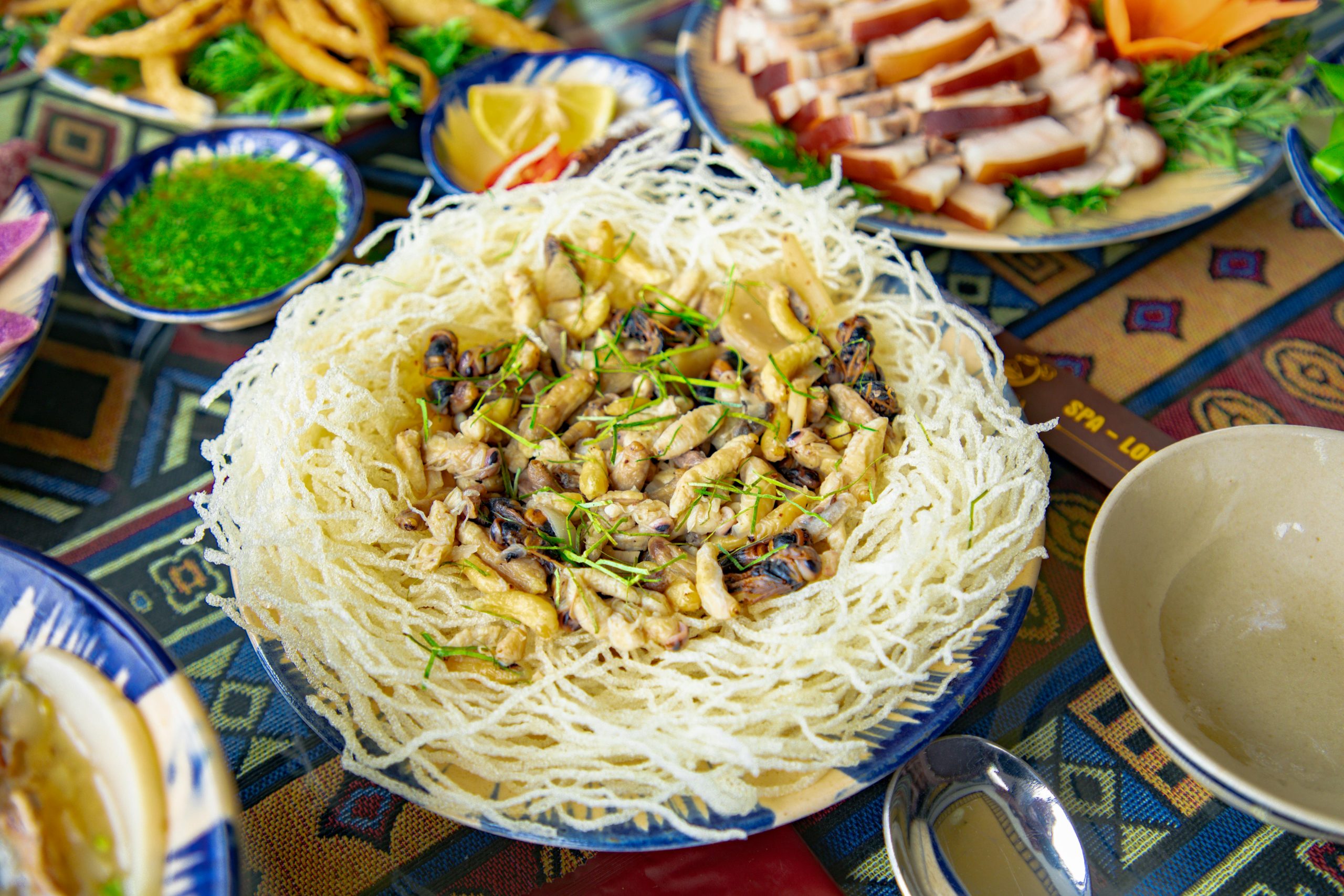“You are what you eat” is a common saying, usually referring to physical health. However, our food choices and eating habits can also offer intriguing, though sometimes stereotypical, glimpses into our personality, values, cultural background, and lifestyle. Food is deeply intertwined with emotion, tradition, social interaction, and self-identity. While not definitive psychological profiles, observing food patterns can reveal fascinating aspects of who we are or how we present ourselves to the world. Here are 10 things the foods we eat might subtly say about us.

Image Source: Pexels
1. Comfort Food Choices: Echoes of Emotion and Past
The specific foods we crave when feeling down, stressed, or nostalgic often trace back to childhood experiences. Seeking out macaroni and cheese, a parent’s specific soup recipe, or simple sweets might reflect a longing for security, care, or the positive emotions associated with those foods from the past. Our go-to comfort foods can highlight our cultural upbringing and reveal how we learned to self-soothe, showing what provides us with a sense of safety and emotional grounding. They are edible emotional anchors.
2. Adventurous Eating Habits: A Sign of Openness
A strong willingness to explore unfamiliar cuisines, ingredients, and flavors often correlates with the personality trait known as openness to experience. Individuals who eagerly try “exotic” or unusual foods might also demonstrate greater curiosity, creativity, adaptability, and tolerance for novelty in other areas of their lives. Conversely, a rigid adherence to only familiar foods could suggest a preference for routine, predictability, or perhaps a lower threshold for risk-taking and ambiguity. An adventurous palate often signals an adventurous spirit.
3. Love of Spicy Foods: Seeking Sensation?
Research has explored links between enjoying the burn of spicy foods (capsaicin) and personality traits like sensation-seeking or risk-taking. The physical heat, while mildly painful, triggers endorphins, potentially appealing more to those who enjoy heightened sensations or novel experiences. While not a definitive causal link, a consistent preference for intensely spicy flavors *could* subtly indicate a personality that embraces intensity, challenges boundaries, or seeks out excitement in various forms. It suggests a tolerance for intensity.
4. Adherence to Strict Diets: Discipline, Values, or Control?
Following specific and often restrictive dietary patterns like veganism, keto, paleo, or meticulous calorie tracking typically signals strong underlying motivations. This might stem from deep health consciousness, firm ethical convictions (animal welfare, environment), religious requirements, or a high degree of personal discipline. Sometimes, however, extreme dietary rigidity might also reflect underlying needs for control (perhaps in response to feeling out of control elsewhere) or potentially disordered eating patterns. Understanding the *motivation* behind the strictness is key.
5. Prioritizing Organic/Local/Sustainable: Reflecting Values
Actively seeking out and paying a premium for foods labeled organic, sourced from local farms, fair-trade certified, or produced using sustainable methods often indicates deeply held values extending beyond personal health. It suggests concern for environmental stewardship, support for local agriculture and economies, ethical treatment of animals or workers, or a desire for food system transparency. This conscious consumerism highlights where an individual’s ethical and ecological principles intersect with their daily purchasing decisions.
6. Passion for Cooking from Scratch: Nurturing or Creative Outlet?
Individuals who genuinely enjoy the process of cooking meals from basic ingredients often display nurturing qualities, finding satisfaction in providing delicious, wholesome food for themselves and others. Cooking can also serve as a major creative outlet, allowing for experimentation with flavors, techniques, and artistic presentation. A willingness to invest significant time and effort in cooking might suggest patience, attention to detail, creativity, and an appreciation for process over pure convenience.
7. Heavy Reliance on Convenience Foods: Indicating Priorities
Frequent use of fast food, frozen meals, delivery apps, or pre-packaged convenience items often points towards a lifestyle where time-saving and ease are highly prioritized. This could reflect the genuine demands of a busy career, family obligations, or long commutes. It might also indicate lower confidence or interest in cooking skills, or simply a different set of personal priorities where meal preparation ranks lower than other activities, hobbies, or relaxation methods. It paints a picture of how time is valued.
8. Strong Brand Preferences: Habit, Trust, or Status?
Consistently choosing specific brands for items like coffee, soda, snacks, or even staple ingredients can stem from simple habit, familiarity, and trust in consistent quality. However, strong loyalty to particularly premium, trendy, or niche “lifestyle” brands might sometimes subtly signal a desire for perceived status, alignment with a specific social group, or a need for external validation through brand association. The choice between value-focused generics and image-conscious brands reflects purchasing priorities.
9. Food Sharing Behaviors: Community vs. Individualism
How people engage with food in social settings often reflects cultural norms and personal inclinations. Generosity with food, like bringing baked goods to share or hosting dinners, typically signals a communal spirit and nurturing disposition. Attitudes about food sharing can mirror broader perspectives on community, collaboration, resource sharing, and building social bonds.
10. Dining Alone vs. Socially: Reflecting Social Energy

Image Source: Pexels
While circumstances dictate many meals, a consistent and strong preference for either dining alone or almost always seeking company offers clues about social energy needs. Some individuals find eating alone restorative and necessary for recharging. Others derive significant energy and pleasure from the social connection and conversation inherent in shared dining experiences. Observing these tendencies can provide insights into preferred modes of social interaction.
Food Tells Part of Our Story
Our relationship with food is a rich tapestry woven from threads of culture, emotion, personality, values, and lifestyle. Choices about our foods offer fascinating, though incomplete, windows into who we are. It’s crucial to avoid simplistic judgments based solely on diet. Instead, recognizing these potential connections can foster greater self-awareness and understanding of others. Our food choices are one more way we express our unique human experience.
Do you feel your food choices reflect aspects of your personality or background? What connections between food and identity have you found most interesting? Share your observations below!
Read More
Is Your Relationship With Food Harming You? Here’s How to Heal It

